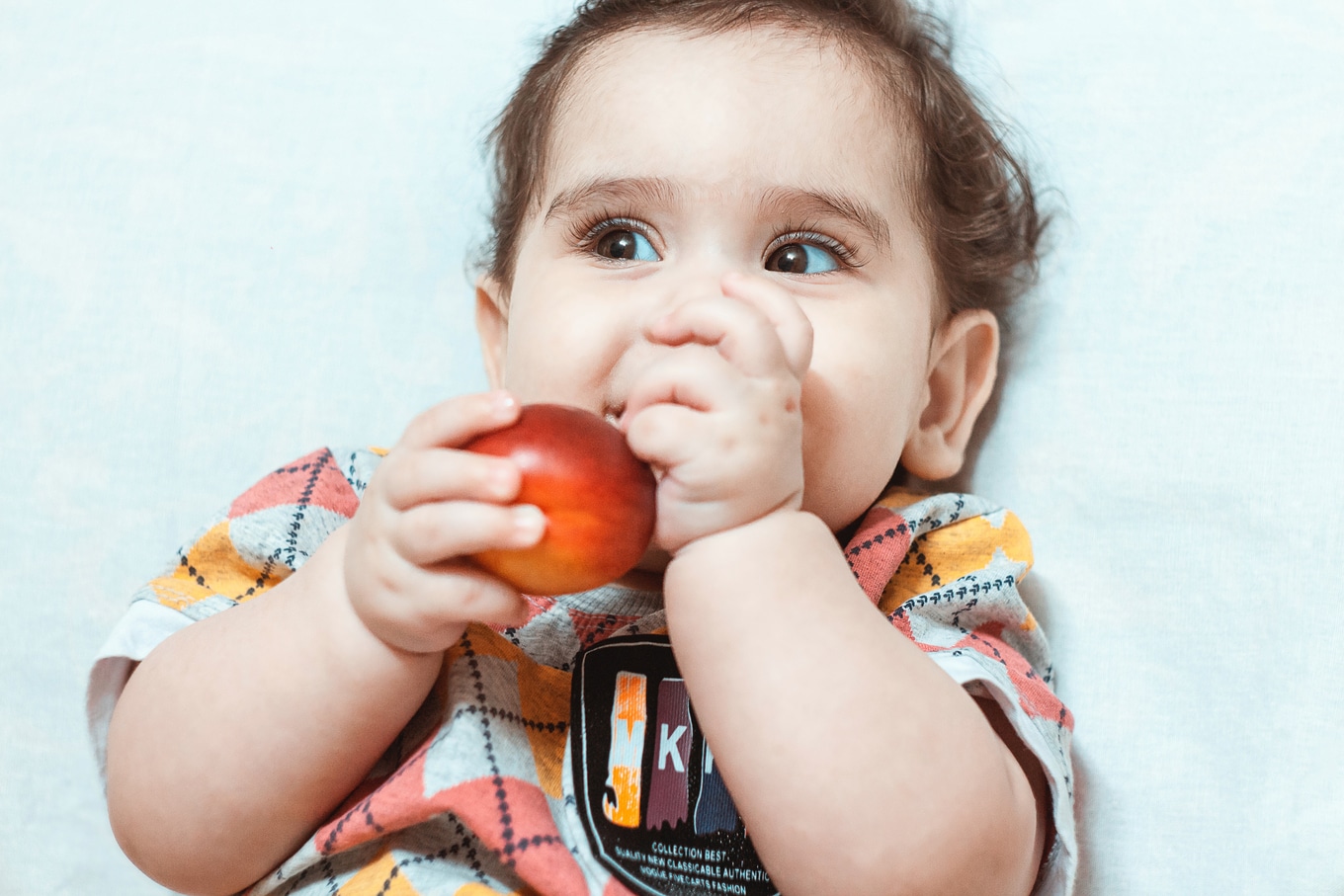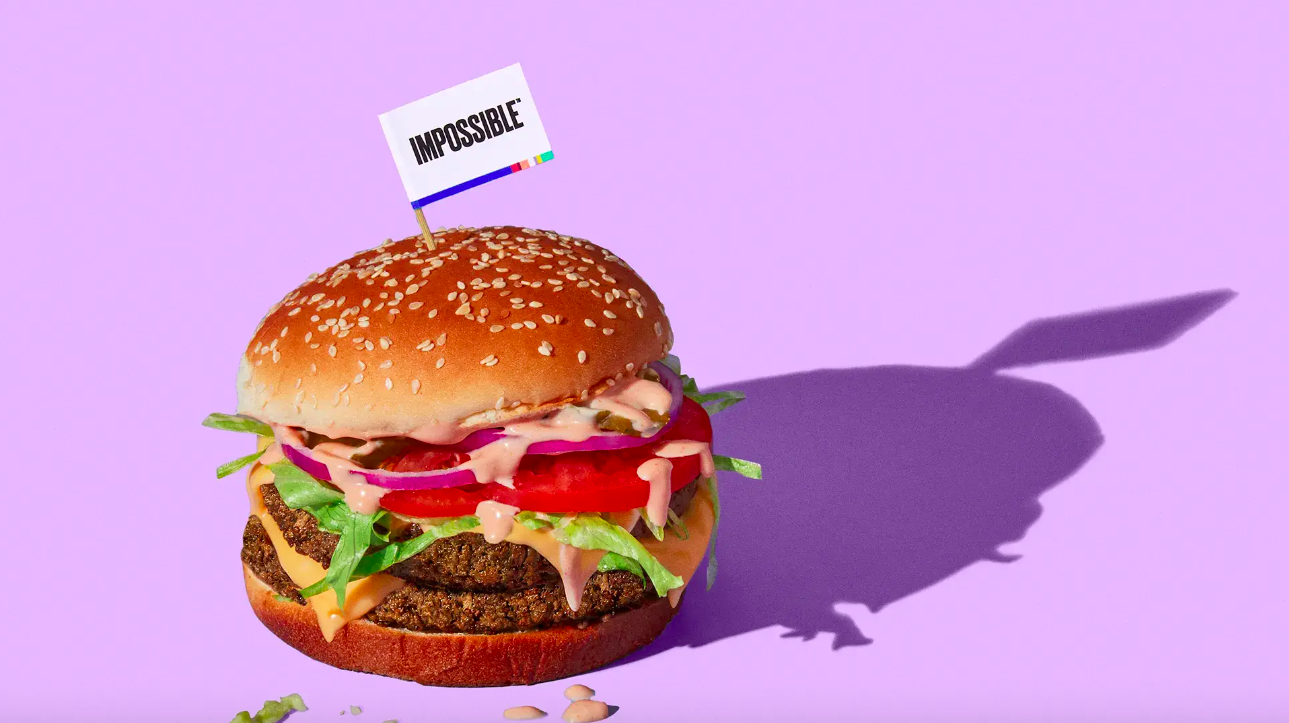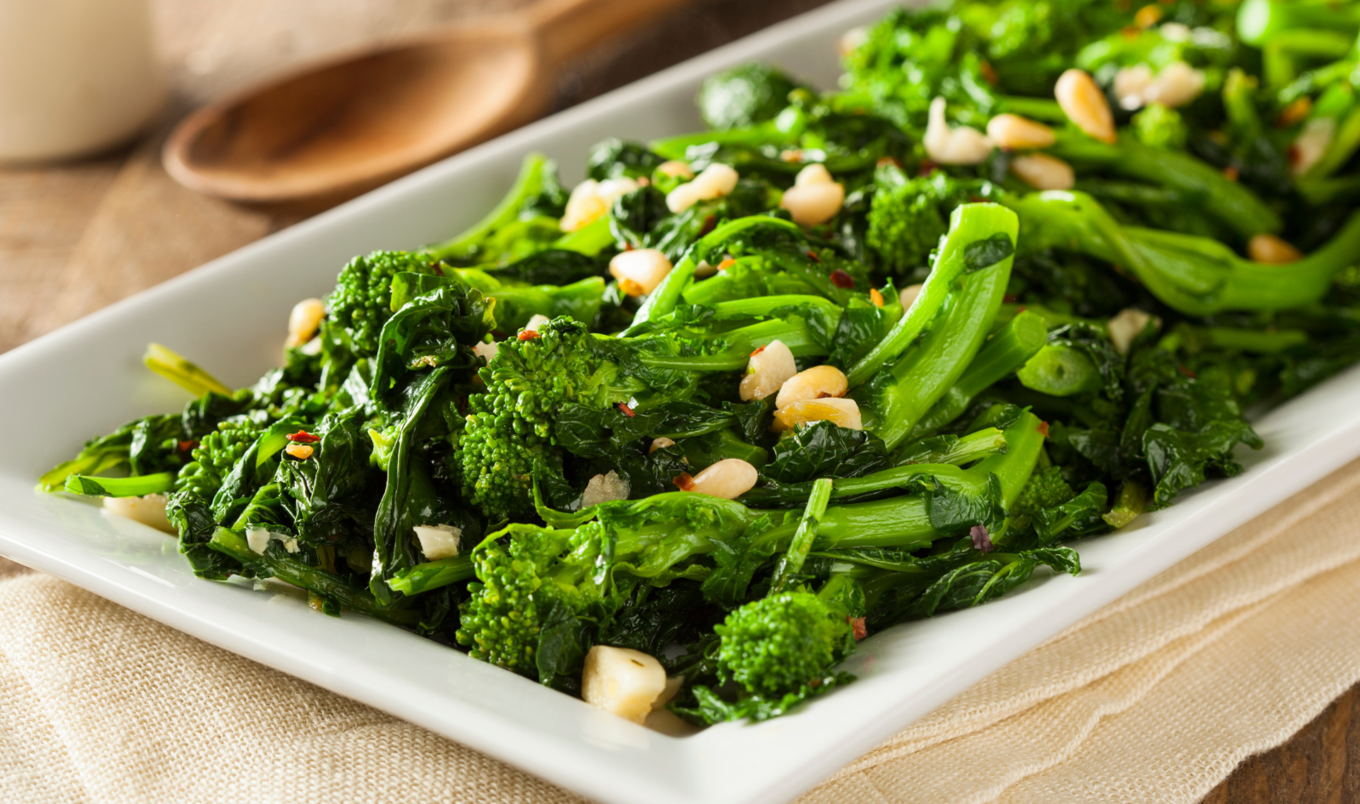Reality TV stars Lucy Watson and James Dunsmore, both from British series Made in Chelsea, recently announced that they are expecting their first child, whom the couple intends to raise vegan. The couple met on the popular show in 2015, announced their engagement in 2020, and were married in 2021.
Lucy Watson/Instagram
Last month, Watson—herself a longtime vegan and author of two plant-based cookbooks—announced her pregnancy on Instagram and used the social media platform to answer questions about her plant-based approach to pregnancy and parenting.
“For me, veganism is a promise I made to the animals, one I will never break,” she said.
Table of Contents
Lucy Watson’s vegan pregnancy
For the duration of her pregnancy and beyond, Watson revealed that she will be staying away from processed foods and consuming at least 60 grams of protein. Watson also noted that a vegan diet is nutritionally adequate for pregnancy, stating, “Protein is the building blocks of life and essential to grow a baby.”
“[It is] very achievable to get everything you need on a vegan diet, you just need to make a conscious effort, such as with any diet, to meet all your nutritional needs,” Watson said.

Watson also used Instagram—where she counts 1.1 million followers—to dismiss notions that veganism could impede pregnancy. “That is not the case, and for anyone dealing with the same doubts, I can assure you it is and can be a very healthy approach to pregnancy,” Watson explained before confirming that she and Dunsmore will be raising their baby vegan.
Stephanie McBurnett, RDN, a mother of two and the nutrition educator for the Physicians Committee for Responsible Medicine, explains that Watson’s approach can be healthy for children.
“Yes, babies can grow adequately and thrive on a vegan diet,” McBurnett tells VegNews. “The Academy of Nutrition and Dietetics and the American Academy of Pediatrics agree that a well-balanced, appropriately planned vegan diet can support healthy growth and development and is safe and nutritionally adequate for infancy and all stages of life.”
“There is also data that a vegan diet may offer health advantages, like better eating habits and a lower risk of chronic disease as children age,” McBurnett explains.
Mounting research continues to point to plant-based diets as healthy for expecting mothers and babies alike. One study published in May 2022 in the medical journal Pediatrics suggests that children who follow a vegetarian diet exhibit similar growth and nutritional metrics compared to those who eat meat.
Conducted by St. Michael’s Hospital in Toronto, Canada, the research involved 8,907 children aged between six months and eight years and spanned over 11 years from 2008 to 2019. Here, researchers categorized participants based on their vegetarian or non-vegetarian status, defining vegetarianism as a diet that excludes meat. They found that both groups had comparable mean body mass index (BMI), height, iron, vitamin D, and cholesterol levels.
 Hessam Nabavi/Unsplash
Hessam Nabavi/Unsplash
The study did show that vegetarian children had a higher likelihood of being underweight, defined as below the third percentile for BMI, but did not find any association with overweight or obesity.
Regarding the nutritional aspects of a vegan diet for babies, McBurnett emphasized the importance of planning. “This is where the term ‘appropriately planned’ comes into play,” she says. “Adequate calorie, iron, and calcium intake must be considered and planned for. For strictly vegan children, vitamin B12 should be supplemented.”
Is it healthy to raise a vegan baby?
Many parents and children consume a Standard American Diet, which is defined by the consumption of animal products, processed foods, and sugary foods. This eating pattern has long been associated with increasing the risk of illnesses.
“Over 30 percent, or one in three, children in the US are now overweight or obese, and youth obesity is linked to early stages of heart disease,” McBurnett says about this eating pattern.
 Unsplash
Unsplash
She explains that research has shown that vegan children have improved lipid profiles, along with decreased fat mass, blood cholesterol, fasting glucose levels, intakes of sugar, and saturated fat, with an increase in fiber intake.
“Healthy eating habits are established early in life,” McBurnett says. “A diet full of vegetables, fruits, whole grains, and legumes will set them up for better practices in the future.”
As children transition from infancy to toddlerhood, nutritional requirements change but can still be well-supported by a plant-based diet.
“As children grow, they may require more calories to meet their evolving needs,” McBurnett points out. “By incorporating higher-calorie plant-based foods such as avocados, nut butter, tofu, and other items like hummus, they will receive the calories they need for growing brains and bodies.”







.jpg?sha=1491c255b49d3e03)